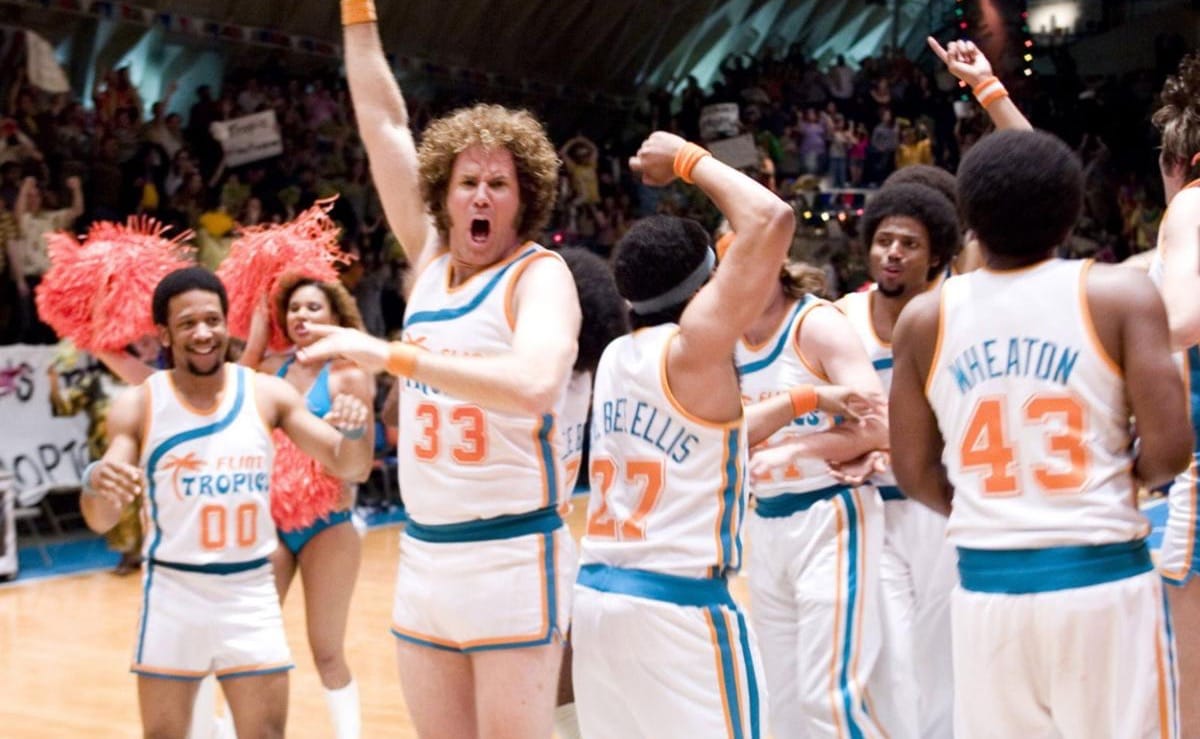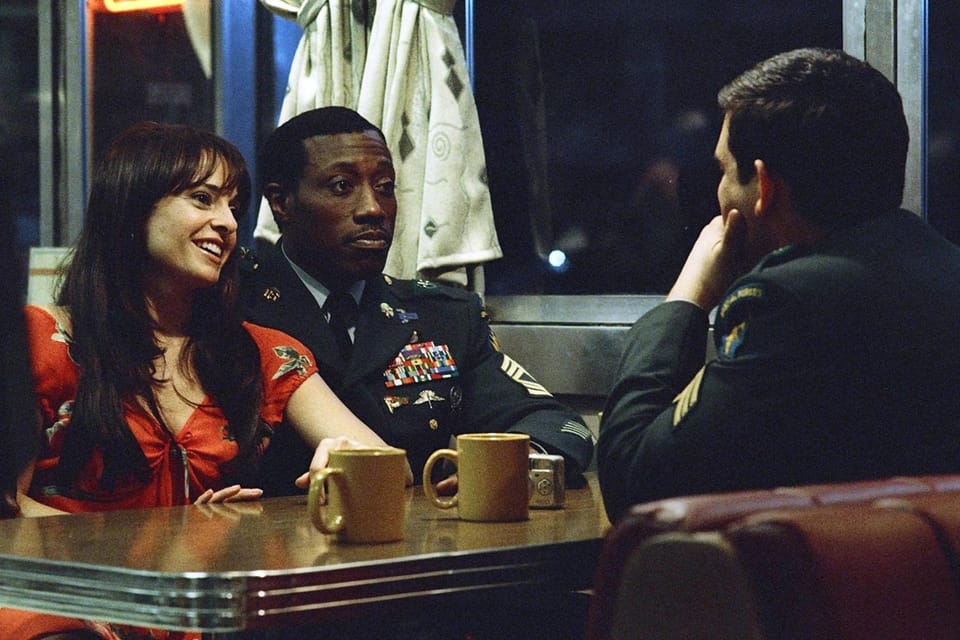How to be a more talented screenwriter.
Much of what we consider talent is simply processing certain crucial things at a faster pace. And like anything, that can be developed.

The Story and Plot Weekly Email is published every Tuesday morning. Don't miss another one.
Screenwriting is not a single skill.
Much like moviemaking, it's a combination of skills working together to create a whole.
Choosing what happens in the story is a different skill than imagining what happens on screen.
Imagining what happens on screen is a different skill than deciding how to express it on the page.
Throw in dialogue, structure, human behavior, and the ability to control the reader's experience, and you have at least half a dozen unique skills that all fall under one category: screenwriting.
That's not even mentioning pitching and navigating development!
No wonder many of us throw up our hands, thinking, "I don't know what I'm doing!"
Skills, not talent.
After writing professionally for 27 years and teaching for almost as long, I have grown to see talent very differently.
I think of talent now as a starting point.
And each of us has a different starting point for understanding, processing, and executing all the skills involved in screenwriting.
It's where we begin. Practice, mentoring, and training take us from there.
I am an exponentially better writer than I was thirty years ago. I am more experienced and more confident now.
But if you put me side by side with my younger self, it would appear as if I was more talented.
This is because much of what we consider talent is simply processing certain crucial things at a faster pace.
And like anything, that can be developed. The mind gets better at it the more it does it.
Emerging screenwriters ask themselves, am I any good at this?
But often, it's the wrong question.
The right question is: are they willing to work hard enough to get good at this?
The Cheat Sheet.
A few years ago, I created a Scene-by-Scene Cheatsheet. You should have had the opportunity to download it by now.
If you still need to, here it is.
It's a lot. It's overwhelming when you first read it.
You might think it is impossible to account for all these things while you write, which is true. You can't!
But over time, your mind develops, and you do these things without even thinking about them.
And to anyone who doesn't know screenwriting, it looks like magic.
Some writers get there quicker than others.
Maybe they visualized this stuff a little faster from the beginning (their talent), or they've worked harder through constant repetition.
In the end, does that matter to you how? Who cares if someone gets there faster?
What difference does it make as long as you get there?
Think of basketball.
When someone first learns to play basketball, they must consciously focus on dribbling. They think about their pivot foot and staying in bounds.
Later, they worry about proper shooting form. How to play defense. They have to think about this stuff to do it right.
In high school, they learn ball movement and set plays, and they must consciously think about incorporating these things into their game.
When they're playing in college, they double up the complexity, learn an even more complicated defense, and they have to do all this in front of 1000s of hostile fans.
Now, imagine a pro player. Do you think that player is thinking about dribbling? Is he worried about his pivot foot? Does he have to think, "Keep the ball in bounds" while he dribbles?
No. He is just doing what he knows how to do. One skill learned on top of another skill learned on top of another skill.
Done now as muscle memory in a flow.
In the long run, work trumps talent.
The discrepancy between the top talent is minor.
Just think of athletes. The common denominator of all the greats is not their talent - their respective leagues are filled with immense physical talent - but their work ethic.
And remember, you're not looking to be one of the greats of all time. You're just looking to get paid.
It may seem like other people get it more than you. They may seem like others are more talented.
They may be. But you can make up much of that ground through work and experience.
You can earn a good portion of your talent.
Get your reps in.
Like anything we want to improve on, get your reps in.
The reps are everything. It's not just reps on the page, though those are the most important ones.
It's outlining. It's breaking down the structure of films you love and asking why you love them. It's generating story ideas and interesting scenes. It's reading screenplays, both by the masters and your friends, and trying to figure out what works and what would make them better.
In short, it's about training your mind to see the world as a storyteller and process the information faster.
Stay teachable.
I got stagnant for a while. It happens. Being a student elsewhere taught me to be a student again in my screenwriting. It has brought a whole lot of joy and discovery back to my writing and my teaching.
So try this:
Pick at least one area where you want to grow with each new project. Dialogue? Scenework? Set-pieces? Character? Story structure.
Early in your writing, you will try to learn everything all at once. That's normal. But make sure you put extra focus on this one area.
Do the same with each draft as well. "In this rewrite, I will focus my energy solely on the emotion of the scenes."
And don't be afraid to try something different. Keep experimenting. Don't settle or be satisfied until you reach your goals. And even then, keep going for that 2%-3% improvement.
And mind The Dip.
You will hit walls. This is natural, and it happens to everyone. You will write a screenplay that is not as good as the one you wrote before it. And it will suck (the feeling, not the script.)
Even after as many decades as I have been writing, I almost always have a wave of doubt around page 35 that this screenplay isn't working.
Seriously. Just about every single time. It is so familiar now that it makes me smile, and I think, "There it is."
And I just go on.
Screenplays have dips.
Learning curves have dips.
Careers have dips.
Getting through the dip is required. It doesn't mean anything is wrong, so don't let it scare you.
Just push through it.
A finished screenplay and your growth as a screenwriter are on the other side.
The Story and Plot Weekly Email is published every Tuesday morning. Don't miss another one.
When you're ready, these are ways I can help you:
WORK WITH ME 1:1
1-on-1 Coaching | Screenplay Consultation
TAKE A COURSE
Mastering Structure | Idea To Outline




